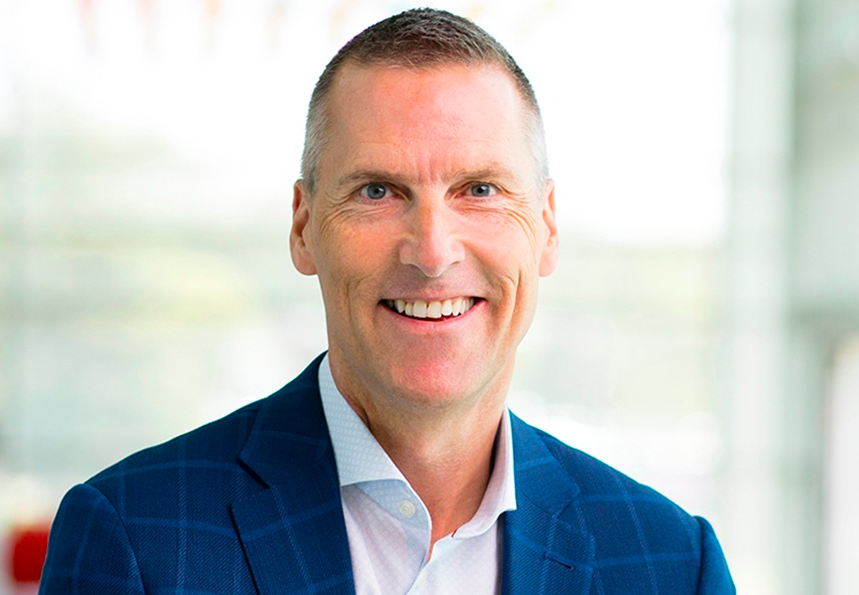Financial advisers are stunned by the
sudden announcement of Tim Hockey's intention to step down as CEO of
TD Ameritrade Holding, wondering what changes it portends for the firm's custodian business.
Though Mr. Hockey joined TD Ameritrade after 32 years with TD Bank Group, he won favor with independent registered investment advisers for promising the firm will not push direct-to-consumer wealth management that competes with RIAs.
(More: RIAs see new competition from Schwab subscription pricing)
"Tim Hockey was, in our mind, an advocate for the independent adviser and was always against directly competing with that group (unlike a Charles Schwab for instance)," wrote James Gambaccini,
Acorn Financial Services managing partner, in an email.
TD announced Mr. Hockey's resignation as the firm reported its latest quarterly earnings on Monday, stunning analysts and investors on the call. Mr. Hockey denied the move had
anything to do with mergers and acquisitions, taking another job or a violation of conduct.
The only reason given for the leadership change was Mr. Hockey and TD's board of directors agreeing that a change is needed to guide the "next phase of growth" at the firm.
Advisers like Mr. Gambaccini worry what direction the board will guide the company.
"The bank remains a 51% owner and our guess is that it will soon begin aggressively marketing its own retail advisory services," he said.
However, others hope the next TD leader will be even more supportive of the RIA channel. While Mr. Hockey said the right things, he wasn't an RIA-centric leader, said Michael Kitces, partner and director of wealth management at
Pinnacle Advisory Group.
"Mr. Hockey was a retail guy focused on retail first," Mr. Kitces said.
Mr. Kitces uses Scottrade, which TD acquired in September 2017, as an example. Under Mr. Hockey's guidance, TD made several changes to its no-transaction-fee ETF platform to accommodate Scottrade that adversely impacted advisers and were written off as "collateral damage."
Mr. Kitces also said the decision in February 2017 to name Mr. Hockey as successor to former CEO Fred Tomczyk instead of Tom Bradley, a guy with more experience on the institutional side, is evidence of Mr. Hockey's leanings toward the retail business.
(
More: Technology can help turn client conversations toward planning in next bear market)
"From the advisor perspective, potential for new leadership at TDA is potential for someone that has a more direct interest in supporting advisors & see the RIA channel grow (not just as an extension of the retail platform)," Mr. Kitces
tweeted. "Anyone know if [Tom Bradley] is still available?"
While many advisers posted shock on social media, others said the change didn't elicit any feelings at all. Financial planner Ian Bloom, owner of
Open World Financial Life Planning, said he never interacts with executive leadership and doesn't expect to be affected by a new CEO.
"I personally feel like my relationship with my custodian is that they simply exist and do what I need them to do in the background," Mr. Bloom said.
TD Ameritrade did not respond to requests for comment.







